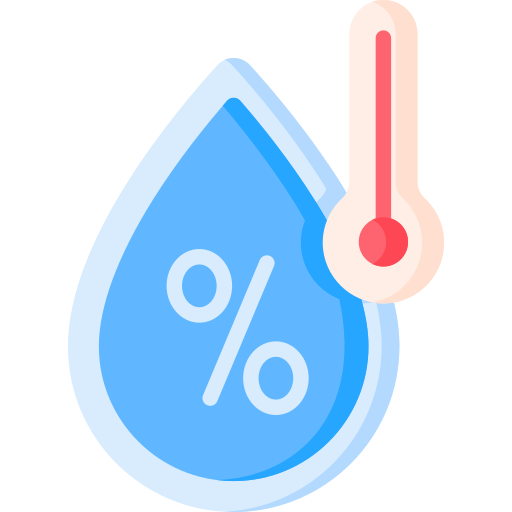Muscat - Introduction

About Muscat
Muscat (Arabic: مَسْقَط, Masqaṭ pronounced [ˈmasqatˤ]) is the capital and most populous city in Oman. It is the seat of the Governorate of Muscat. According to the National Centre for Statistics and Information (NCSI), the population of the Muscat Governorate in 2022 was 1.72 million. The metropolitan area includes six provinces, called wilayats, and spans approximately 3,500 km2 (1,400 sq mi), making it the largest city by area on the Arabian Peninsula. Known since the early 1st century CE as a leading port for trade between the west and the east, Muscat was ruled successively by various indigenous tribes, as well as by foreign powers such as the Persians, the Portuguese Empire and the Ottoman Empire. In the 18th century, Muscat was a regional military power: its influence extended as far as East Africa and Zanzibar. As an important port town in the Gulf of Oman, Muscat attracted foreign traders and settlers such as the Persians, the Balochs and the Sindhis. Beginning in 1970, after the accession of Qaboos bin Said as the Sultan of Oman, Muscat experienced rapid infrastructural development; it developed a vibrant economy and became a multi-ethnic society. The Globalization and World Cities Research Network classifies Muscat as a Beta-level Global City.
The Hajar Mountains dominate the view from Muscat. The city lies on the Arabian Sea, along the Gulf of Oman, near the strategically important Straits of Hormuz. Low-lying white buildings are a typical feature of its architecture. The city's port district of Muttrah, with its corniche and harbour, are at the north-eastern edge of the city. Muscat's economy is dominated by trade, petroleum, liquified natural gas and porting.
Muscat Current Weather
,
| Parameter | Value |
|---|---|
Wind 
|
|
Pressure 
|
|
Humidity 
|
|
Visibility 
|
|
UV Index 
|
|
Precip 
|